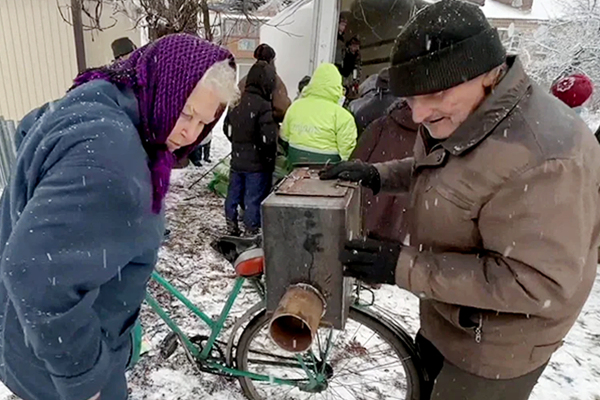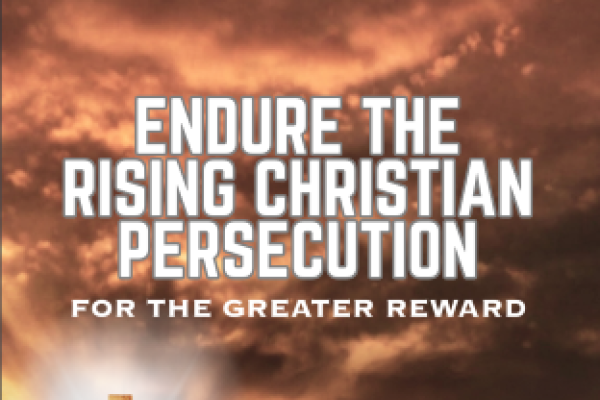4 Trends in Full-time Vocational Christian Ministry

By Paul Pettit (ThM 96, DMin 07), Director of Career Services at Dallas Theological Seminary.
By God’s grace and our reputation, Dallas Theological Seminary has successfully placed 80 percent of ministerial candidates within nine months of graduation. Candidates who desire to be placed and are flexible use our placement services to find opportunities to serve in vocational Christian ministry throughout the country.
In my role as Director of Placement, I’ve observed recent trends develop in the hiring processes of evangelical churches of various shapes, sizes, and denominations. Obviously, prayer, character-development, and giftedness are at the top of the list for candidates looking to serve full-time in a vocational Christian ministry. I’ve employed the acronym S.T.A.R. to describe four recent developments.
S – Specialization
A generation ago there were just a handful of “slots” to fill in local church ministry staffs. A senior pastor, worship pastor, youth pastor, and maybe a pastor of adult education completed a staff. After these positions were filled, volunteers manned positions on missions committees or in the church nursery. Today, in addition to the positions mentioned above, it is not unusual to see outreach ministers with titles such as: Grow Pastor, Pastor of Assimilation, Pastor of Outreach, Connect Pastor, or Local Missional Pastor on church staffs.
I’ve had candidates tell me they could settle for a position as children’s pastor. This really upsets my long-time colleague Dr. Jerry Lawrence, an expert in training those who labor in this field. She often mentions that ministers who work with children and teens today must be able to spot signs of physical or sexual abuse, work with blended families, help parents discuss adoption and foster children, recognize learning differences, and be well-versed on issues such as police background checks even international issues surrounding child labor laws and sex trafficking. Specialization and customized training is becoming the norm in today’s seminaries and Christian graduate schools. It is normal today to see titles such as Pastor of Spiritual Formation, Minister of Divorce Care, Teaching Pastor, Campus Pastor, Pastor of Recovery, and myriad others.
T – Technology
Growing churches currently struggle with whether to birth a daughter church, add an off-site campus, or continue to add buildings while offering additional services. Due to these trends, the need for excellence in technological areas has arisen. Today, a church may post an opening for an online pastor to meet their digital needs. Volunteers are asked to serve on the social media team. Ministers are needed who know how to run 64-channel sound boards, complicated lighting systems, and professional video cameras. It is not unusual today to have curriculum posted online, which volunteer teachers can download anywhere…anytime. Many churches have their own phone apps. Pastors and staffs can now Skype or FaceTime with missionaries they support around the world. Technology also allows some ministers to work part-time at churches. Our placement office is hearing from bi-vocational candidates who plan on working part-time in the marketplace and part-time at a church or para-church ministry.
A – Accreditation
A dental school sits just down the street from the seminary. I often ask our students if they would visit a dentist who had completed training at an unaccredited school. Would it matter to them whether their dentist passed required state exams and underwent all requisite training? At a minimum, many churches desire candidates who are licensed or ordained. It is no longer enough to hire someone who is “a pretty good small group leader,” or a person who “seems to be good with kids.” Just like those in the IT industry look for educational degrees from accredited institutions and additional certification training from Microsoft or Oracle, churches and parachurch ministries seek credentialed ministry training from seminaries and Christian graduate schools with strong reputations.
R – Residencies
Increasingly churches are seeking ministerial candidates who hold a master’s degree from an accredited institution, plus additional time spent “on site” serving in a church ministry under qualified supervision in an internship or residency. Search committees ask candidates, “Have you ever performed a wedding? Have you ever conducted a funeral? Have you ever baptized someone?” The interview may not end well if the answer to all of these questions is “no.” The additional training offered from time spent in healthy leadership development or strategic gap-year programs can be invaluable. Larger churches, much like hospitals and businesses, are opening up one- and two-year residencies and then offering full-time positions to those who best match the values and goals of the church.
The world is indeed changing in many ways, and here at DTS we have a saying we employ when discussing these trends: our message does not change but our methods must change! DTS works in all four of these areas to help prepare the next generation of full-time vocational Christian ministers.
To learn more about studying at Dallas Theological Seminary, please fill out the request information form!
Join believers from around the world at one of the most trusted and diverse seminaries and begin your journey of scholarship and service.





